Officials and civil servants of An Lac ward ( Ho Chi Minh City) maintain the motto "no work until the end of the day" in serving people and businesses. Photo: Trung Tuyen/VNA
Stabilizing human resources
Preliminary statistics show that by the end of August 2025, the number of cadres, civil servants and public employees who quit their jobs when implementing the arrangement of administrative units at all levels and building a 2-level local government organization model nationwide is about 100,000 people. The Ministry of Home Affairs said that ministries, branches and localities are urgently resolving policies in the spirit of Decree 178/2024/ND-CP and Decree 67/2025/ND-CP of the Government.
Provinces and cities are also required to continue to stably operate the two-level local government model; perfect specialized agencies at the provincial and commune levels; promptly and promptly resolve administrative procedures for people and businesses; at the same time, comprehensively review, evaluate, classify, restructure and improve the quality of the team of commune-level officials and civil servants after 3 months of operation; proactively regulate and supplement officials, civil servants and public employees within the locality in cases and areas where there is a surplus or shortage.
The surplus and shortage of communal-level cadres and civil servants is a reality that exists in many localities. An Lac Ward (merged 3 wards: An Lac, An Lac A and Binh Tri Dong B of Binh Tan District, Ho Chi Minh City before) has basically operated stably under the new model. Mr. Le Sa Lin, Head of the Party Building Committee of An Lac Ward, said that the ward's cadres and civil servants also basically meet the requirements. However, the locality still lacks cadres and civil servants in some specialized fields such as land, planning, investment, finance, etc. The ward has requested the city to increase cadres with expertise and expertise in the above fields to support the locality.
Strengthening human resources at the commune level to meet assigned tasks, especially in specialized fields, is an urgent requirement, ensuring the use of "the right people, the right jobs", overcoming the situation of surplus - shortage, massive resignation, thereby retaining cadres and civil servants with professional capacity, contributing to stabilizing human resources for the operating apparatus. Paying attention to the reasonable use of cadres, avoiding "brain drain", wasting human resources in the arrangement and streamlining of the apparatus, Dr. Vu Thi Mai Oanh (Ho Chi Minh City Academy of Officials) emphasized: "Wasting talent", every era needs talented people, but if we do not appreciate, create favorable mechanisms and environments to attract, use properly, and promote their full potential for the goal of national development, it is also a worrying form of brain waste.
Assessing that public sector human resources play a direct role in research, policy planning and implementation, law making, and policy adjustment to suit reality, Dr. Ngo Tuan Phuong (Ho Chi Minh City University of Law) and Dr. Ngo Thi Kim Lien (Ho Chi Minh City Banking University) both said that attracting and developing high-quality human resources is an essential solution to enhance the effectiveness of state management and create breakthroughs in development creation.
Therefore, experts emphasize that reviewing, evaluating and perfecting mechanisms and policies to attract and utilize talents in the public sector is an urgent task, contributing to building a streamlined, strong, efficient, effective and efficient administrative apparatus, meeting the requirements of socio-economic development in the new period. In the context that the entire political system is preparing for the 14th National Congress of the Party and the election of the 16th National Assembly and People's Councils at all levels for the 2026-2031 term, the need to stabilize and improve the quality of the staff is becoming more urgent.
Turning surplus public assets into development resources
The headquarters of Con Dao district, Ba Ria - Vung Tau province, has been renamed Con Dao special economic zone, Ho Chi Minh City. Photo: Hoang Nhi/VNA
Along with continuing to operate the apparatus stably, localities are also stepping up the implementation of an equally important task, which is to handle the large amount of surplus public assets after the administrative unit arrangement. According to the Ministry of Finance, by the end of 2024, the whole country will have more than 11,000 public houses and lands that have not been effectively handled, many of which are occupied or degraded. The abolition of district level and the merger of wards and communes have caused a sharp increase in the amount of surplus assets. According to statistics, out of more than 38,000 public headquarters in 52 provinces and cities that have been arranged (except for 11 localities that remain the same), up to 4,226 headquarters are redundant.
Therefore, handling surplus public assets is not only an urgent requirement but also a strategic task for localities to restructure material resources, serve socio-economic development goals, and turn surplus public assets into sustainable development resources. According to experts, waste in public asset management is not simply a technical issue, but an indicator of management capacity and institutional coordination capacity.
“When public assets are abandoned and not used for their intended purpose, it is not only a material loss, but also an erosion of trust in the justice of resource allocation. Therefore, along with streamlining the apparatus, promptly and effectively handling public assets is a breakthrough to realize the policy of building an honest, effective, democratic and sustainably developed State that the Party has set out in the “Era of national development”, Dr. Tran Hoang Khai (Deputy Secretary of the Party Committee, Chairman of the People's Committee of Vinh Hau commune, Ca Mau province), and his colleagues presented at the national workshop on anti-waste, organized by Ho Chi Minh City University of Law in September 2025.
Currently, a number of provinces and cities have implemented specific plans to handle surplus public assets. The Vinh Long Provincial Party Committee has requested wards and communes to review the actual needs for headquarters in the area to have plans to convert surplus headquarters appropriately, prioritizing schools to serve the community practically. The Dong Nai Provincial Department of Finance said that the province has proactively arranged and allocated surplus headquarters to use as headquarters for provincial and central agencies and units located in the province in accordance with regulations; at the same time, it has reviewed the need to convert the functions of headquarters to medical and educational facilities or for other public purposes of commune-level authorities.
Ho Chi Minh City Department of Finance said that the City has issued a plan to handle surplus public assets with the goal of "not allowing loss or waste". Accordingly, for headquarters that exceed the standards in terms of area and surplus, the City will transfer, share or convert functions, giving priority to the fields of education, health, culture and society. For vacant or unused assets, the City will hand over to the Land Fund Development Center for management and exploitation. The Department of Finance recently proposed to arrange the headquarters of the Administrative - Political Center of Ba Ria - Vung Tau province (old) to a number of universities to serve as educational facilities.
Implementation practice shows that many localities have proactively converted the functions of redundant headquarters after the reorganization and streamlining of the apparatus, a strategy that both avoids wasting public assets, saves new public investment costs, and improves the efficiency of serving the people. From a modern management perspective, this is a manifestation of a process of transforming public assets from "accounting burden" to "development resources". However, experts also said that, despite institutional instructions from the Central Government, the conversion of functions in many localities is still slow, and there is no effective mechanism for handling redundant assets due to lack of renovation budget, lack of synchronous guidance, and especially due to the fear of responsibility of the leaders.
“It is necessary to avoid the situation of public land being abandoned and public property being degraded due to improper use. Strict management of resources not only helps save resources but also creates conditions for sustainable socio-economic development,” Dr. Nguyen Thi Tuong Duy (Ho Chi Minh City University of Industry and Trade) emphasized.


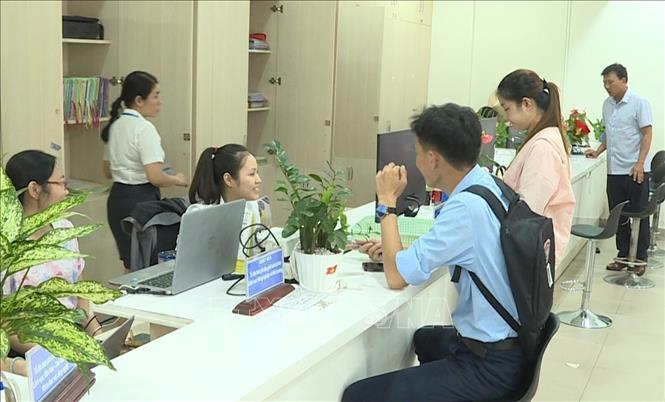
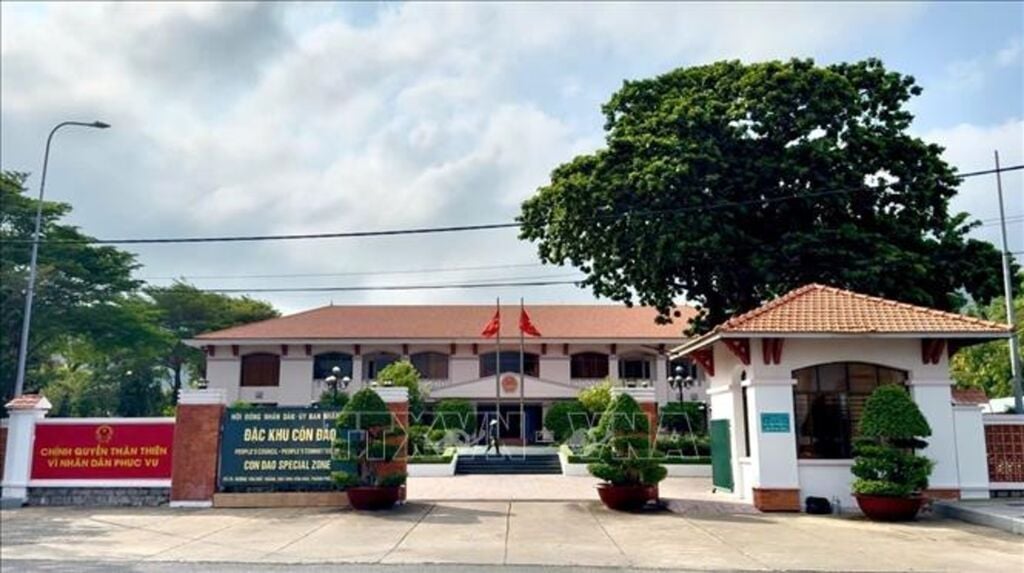
![[Photo] Bustling Mid-Autumn Festival at the Museum of Ethnology](https://vphoto.vietnam.vn/thumb/1200x675/vietnam/resource/IMAGE/2025/10/4/da8d5927734d4ca58e3eced14bc435a3)



![[Photo] Solemn opening of the 8th Congress of the Central Public Security Party Committee, term 2025-2030](https://vphoto.vietnam.vn/thumb/1200x675/vietnam/resource/IMAGE/2025/10/4/f3b00fb779f44979809441a4dac5c7df)
![[Photo] General Secretary To Lam attends the 8th Congress of the Central Public Security Party Committee](https://vphoto.vietnam.vn/thumb/1200x675/vietnam/resource/IMAGE/2025/10/4/79fadf490f674dc483794f2d955f6045)


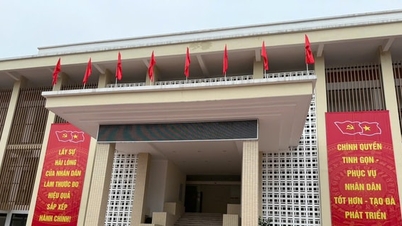

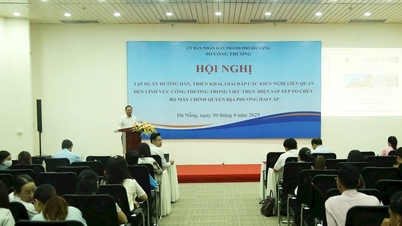





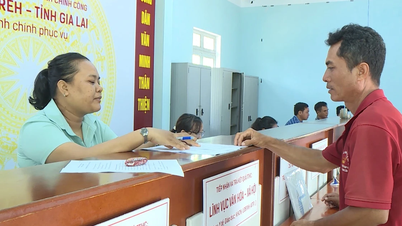




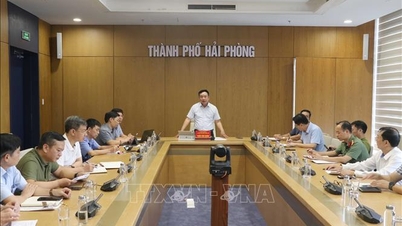









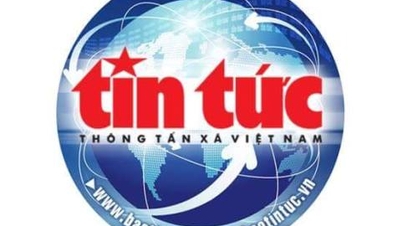
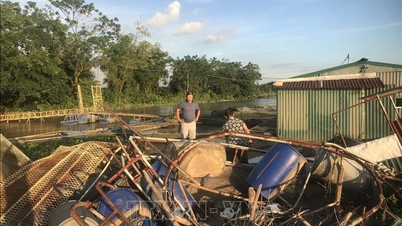

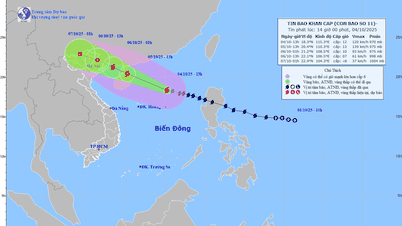

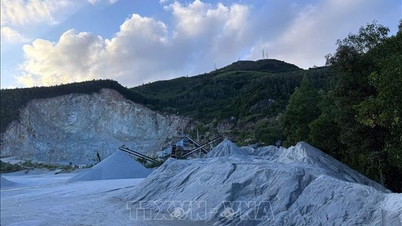


























![[VIDEO] Summary of Petrovietnam's 50th Anniversary Ceremony](https://vphoto.vietnam.vn/thumb/402x226/vietnam/resource/IMAGE/2025/10/4/abe133bdb8114793a16d4fe3e5bd0f12)
![[VIDEO] GENERAL SECRETARY TO LAM AWARDS PETROVIETNAM 8 GOLDEN WORDS: "PIONEER - EXCELLENT - SUSTAINABLE - GLOBAL"](https://vphoto.vietnam.vn/thumb/402x226/vietnam/resource/IMAGE/2025/7/23/c2fdb48863e846cfa9fb8e6ea9cf44e7)













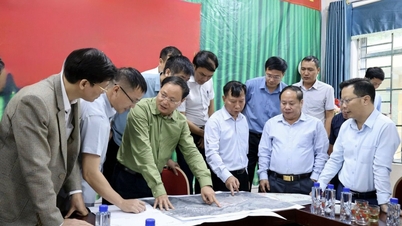
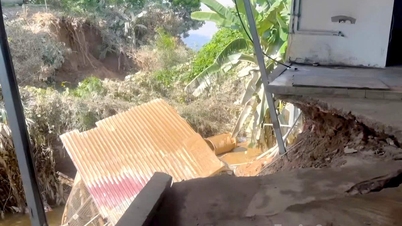

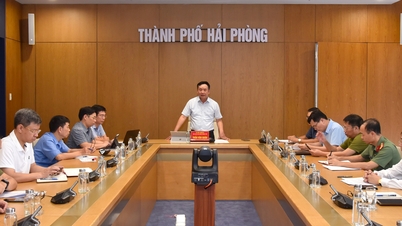


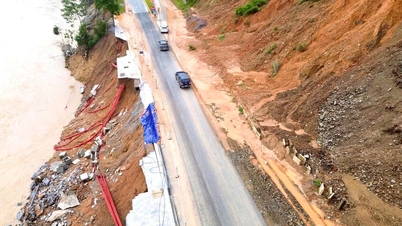






Comment (0)